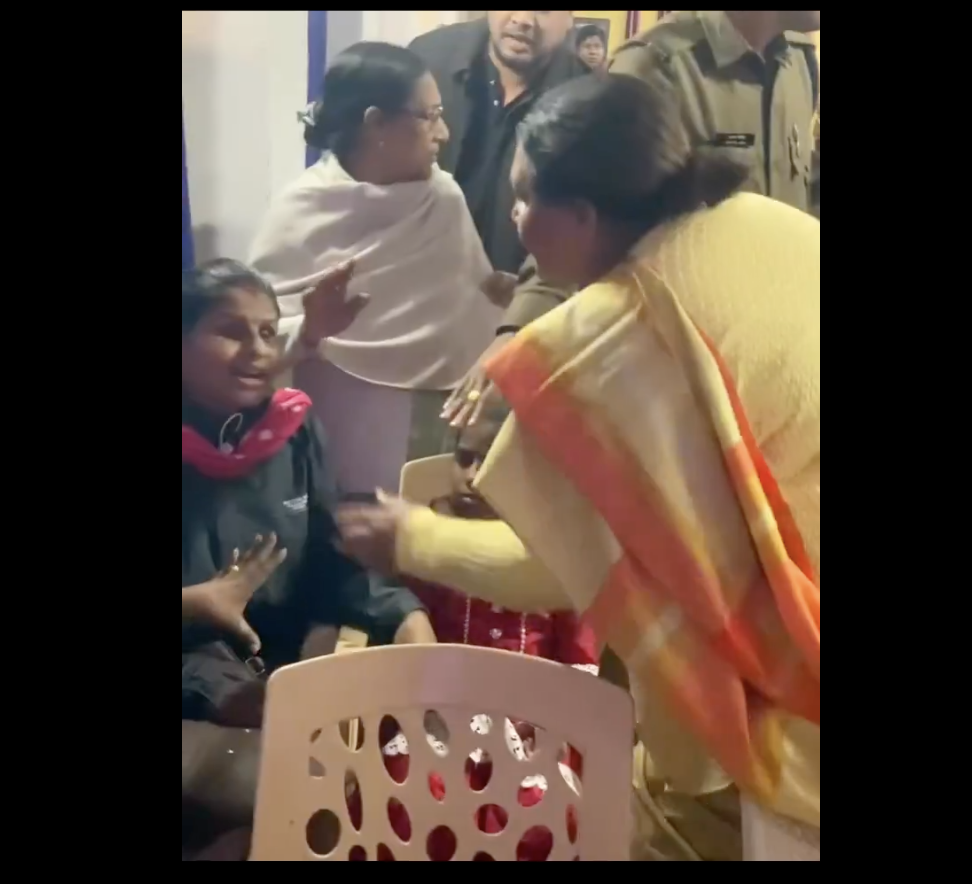
By Suhit K Sen
The Supreme Court is currently examining possibilities in connection with the country’s sedition law, specifically Section 124A of the Indian Penal Code (IPC). It has suggested that this colonial-era legal provision, used to persecute nationalist leaders and other critics of the British Raj, is anachronistic and inappropriate in a free, constitutional democracy.
Hearing a challenge to the constitutionality of the sedition law filed by a retired army officer and the Editors Guild of India, a three-judge bench led by Chief Justice NV Ramana raised a fundamental question on 15 July: Is section 124A needed in a constitutional democracy? Clearly, the bench inclined to the view that it was not and asked the Centre why it had not moved to scrap it as it had done with many “stale laws”.
The sedition law raises concerns in several areas. First, its formulation is so broad and vague that it is capable of widespread misuse. For instance, the latest use of the law has been against agitating farmers in Haryana after they allegedly pelted the state’s deputy speaker’s car with stones. The misuse of the sedition law was recently taken up by another petition filed by Patricia Mukhim and Anuradha Bhasin who have focussed on its chilling effects on their profession of journalism. Even the most latitudinarian reading of this already broad and vague law would not support the invocation of the sedition law in such a case.
Section 124A of the IPC says: ‘Whoever, by words, either spoken or written, or by signs, or by visible representation, or otherwise, brings or attempts to bring into hatred or contempt, or excites or attempts to excite disaffection towards, the Government established by law…’ shall be punished. An attack on a vehicle cannot be seditious, whatever else it may be.
But this is an extreme case of clownish prosecutorial decision-making, which is obviously motivated by the desire to show uncritical and unstinting fealty to the Bharatiya Janata Party (BJP). In most instances, the sedition law is used to stifle dissent or even harass people who have somewhat different frames of reference or perspectives on important contemporary issues than the unintelligible and ignorant ones promoted by the ruling party and its extended family—the Sangh Parivar. Thus, the abduction/arrest of Disha Ravi, a 22-year-old environmentalist from Bengaluru, by the infamously egregious Delhi Police and her arraignment on sedition charges. Dismissed by a Delhi court with a scathing indictment of the capital’s police.
The misuse of the sedition laws is reflected in whatever statistics are available. Since the National Crime Records Bureau (NCRB) started recording numbers for sedition cases, they have gone upwards: 326 people have been charged with sedition between 2014 and 2019. The casual manner in which charges are brought is apparent from the low conviction rate: only 10 have been convicted in this period, which is perhaps ten too many. Yet, 107 people were charged again in 2000.
The Supreme Court has hinted that it could constitute a larger bench to examine the constitutionality of Section 124A if the government does not move to scrap it. Earlier in June, a Supreme Court bench had quashed a sedition case against veteran journalist Vinod Dua, saying journalists were entitled to protection from such action. In July, another bench had issued notices to the Centre on the sedition law in connection with a petition filed by two journalists from Manipur and Chhattisgarh who had been booked under it.
It would be difficult to resist the proposition that India is rapidly being transformed into a police state under the regime orchestrated by Prime Minister Narendra Modi and Union Home Minister Amit Shah, whose acuity in matters electoral is evenly matched by their utter vacuity in matters connected to governance. Denying the regime tools for suppressing dissent and persecuting dissentients, and political and ideological antagonists is in general a pretty good idea.
Thus, the removal of section 124A from the statute books. But matters should not end there. This regime particularly has also been profoundly guilty of misusing the Unlawful Activities (Prevention) Act (UAPA) and the National Security Act (NSA) to detain for long periods without bail those whose worldview is not aligned to the imbecilic obscurantism of the Hindutva ideology.
A good example is Erendro Leichombam, an activist in Manipur, who was detained under NSA and incarcerated since 13 May for a Facebook post that stated the obvious: cow dung and urine cannot cure Covid-19. A Supreme Court bench ordered his immediate release on 19 July, telling Solicitor-General Tushar Mehta, appearing for the Manipur government, that his request for a couple of days to further examine the matter would not be entertained given that all Leichombam’s statements were “innocent”. Thus, incarceration for stating the obvious by a party driven by prejudice and malice.
As for the UAPA, NCRB statistics are revealing. They show that the numbers have been steady since 2014: from 976 in 2014, through 897 in 2015, 922 in 2016, 901 in 2017 to 1,182 in 2018. BJP-ruled states have seen a steady increase in UAPA cases. There are certain distinctive features of UAPA (and NSA) cases: first, as with sedition charges, the conviction rate is very low, at 2.2% in 2016-19. Second, bail is rarely granted and, third, as with all cases in India, trials stretch over long periods. In other words, a lot of people are incarcerated for a long time, though the overwhelming likelihood is that they will at the end of it all get acquitted.
Father Stan Swamy, one of the 16 people arrested and incarcerated in the Elgar Parishad case, died in custody without being granted bail despite being 84 years old and suffering from Parkinson’s disease. All those arrested in the case have been charged under trumped-up UAPA charges and only one, the balladeer Varavara Rao, has been granted bail, on account of advanced age and poor health. Remember that they have been scapegoated to let the real culprits, including Hindutva votary Manohar Bhide, whom Modi apparently reveres as a guru, and Milind Ekbote, off the hook for violence incited and perpetrated on 1 January 2018 in Bhima Koregaon.
The Supreme Court is on record: Bail is the norm, jail is the exception. If that is indeed the case the top court must revisit its basic principles concerning granting bail, especially in cases involving UAPA and NSA, which in spirit and in the way they are deployed are not unlike the sedition law. Spiking section 124A will just mean increased recourse to these draconian laws, which are infringing the fundamental rights to life and liberty.
The judiciary’s responsibility to protect citizens’ rights has increased because India is under a regime that is dismantling constitutional safeguards for critics and minorities especially. The judiciary has a pro-state reflex, which is allowing the regime to almost literally get away without any consequences. A pro-citizen reflex is essential if India’s slide into a situation variously described as ‘electoral autocracy’ and ‘partly free’ is to be arrested






